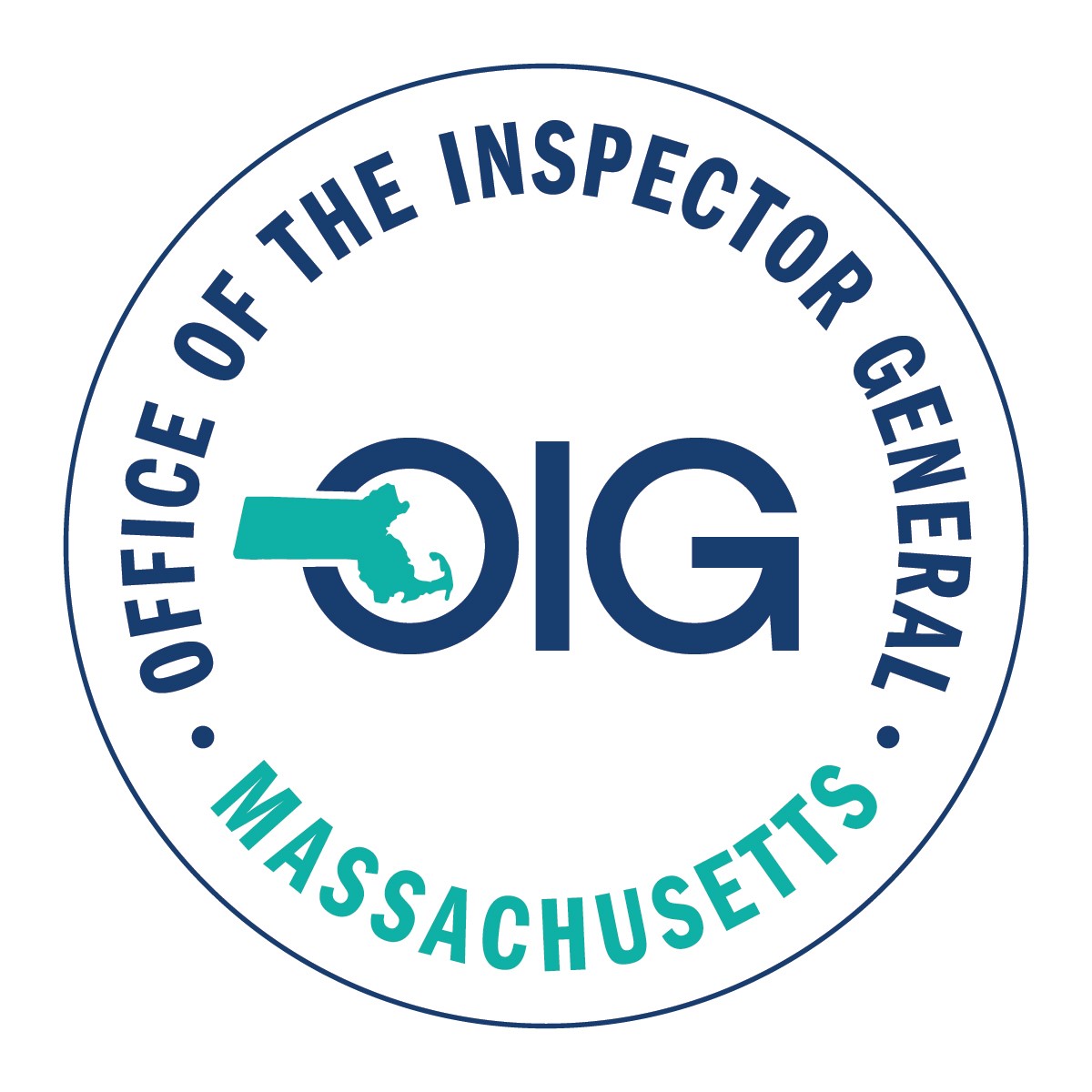- Office of the Inspector General
Media Contact
Carrie Kimball, Communications Officer
Inspector General Jeffrey S. Shapiro called on the town of Orange to follow specific recommendations after an investigation found that the town and the school department did not follow several legal requirements when disposing of surplus equipment and supplies, in a letter sent on October 18, 2024.
The investigation was prompted by a complaint made to the OIG’s Fraud Hotline regarding the Orange Elementary Schools’ disposal of surplus inventory during the demolition of the Dexter Park Elementary School and the renovation and expansion of the Fisher Hill Elementary School.
Public entities are required to follow Massachusetts General Law, Chapter 30B (as known as the Uniform Procurement Act) when purchasing, selling or disposing of publicly owned items, such as equipment, furniture and vehicles.
“The law requires public entities to follow specific procedures for disposing of surplus goods and equipment. This is to ensure that the town receives a fair value for the item and that there is no favoritism when disposing of surplus government property,” IG Shapiro said. “When followed, the law ensures that purchasing items with the public’s money or disposing of surplus items purchased with the public’s money is done fairly and transparently.”
Throughout the demolition and renovation process, the School Committee took several votes to keep some furniture, supplies and equipment, donate some to a school in Honduras, and dispose of the remainder. However, the school did not maintain an inventory of the items it owned, nor did it specify which items were to be kept, donated, or discarded when taking the votes.
Subsequently, a variety of things occurred with the items at issue. First, the project manager of the of the school project contracted with a recycling company, which worked with certain charitable organizations, to remove and repurpose some of the furniture, which was an approach inconsistent with state law. Second, the kitchen equipment in one of the schools was declared surplus and turned over to the town for its use. The town then gave a working oven hood to a for-profit restaurant in violation of state procurement law.
The Inspector General outlined specific steps the town and the school department must take to prevent the issue and legal lapses identified by the investigation, from occurring in the future. The town must notify the OIG of its plans to implement the recommendations within 30 days.
“It is important that the town of Orange, its school department, and all public entities have clear, written policies and procedures to follow upon the end of the useful life of public property, equipment and supplies, similar to policies and procedures used to procure such goods,” IG Shapiro said. “Being a steward of public resources is a critical means of building and maintaining public trust.”
Anyone who suspects fraud, waste or abuse of state or municipal funds or property is encouraged to contact the OIG’s Fraud Hotline at 1-800-322-1323 or email at IGO-FightFraud@mass.gov.
Read the letter to the town of Orange regarding the OIG's recommendations.
###
